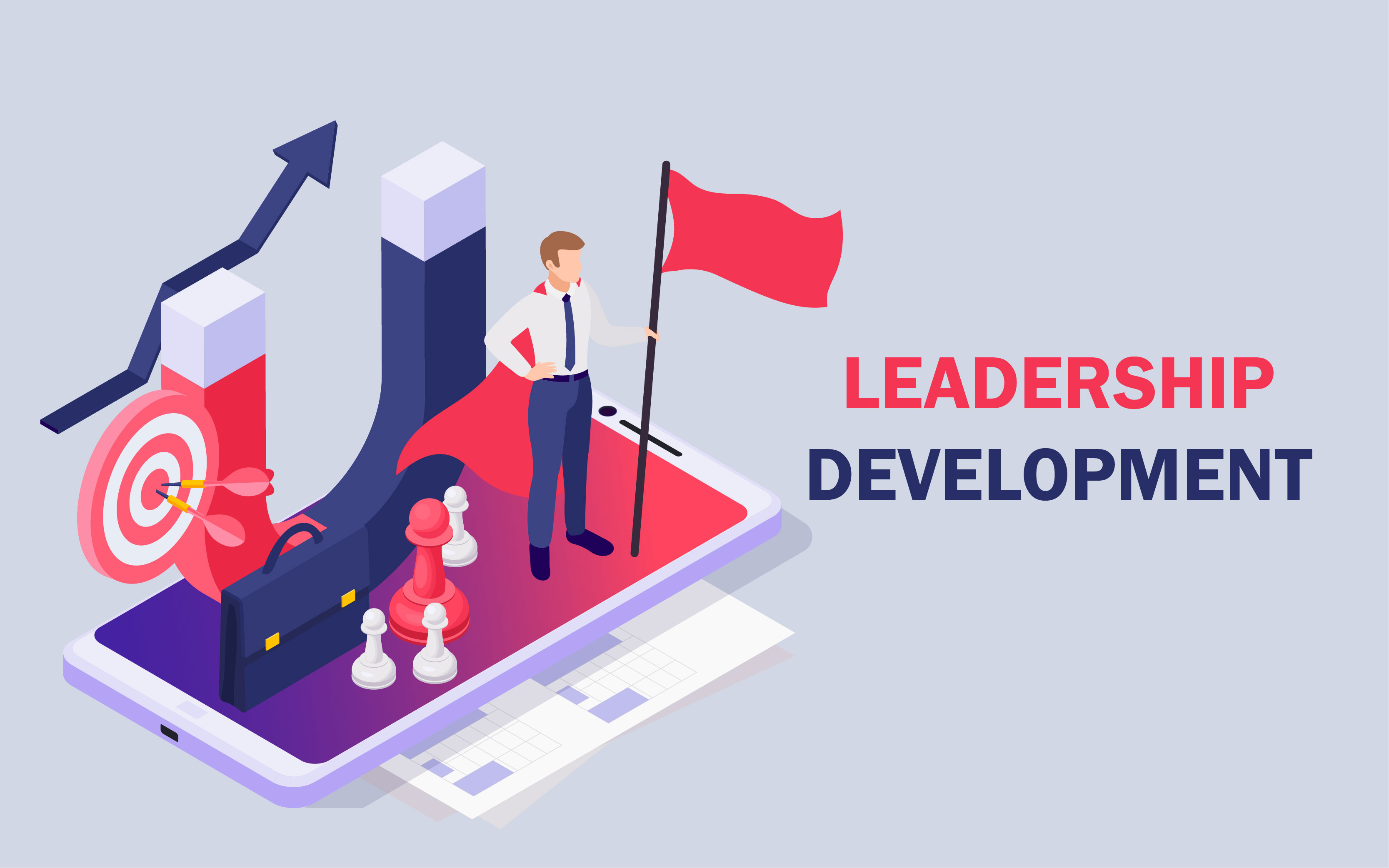A short discussion on Leadership Development & its Importance.
Sat, 30 Dec 2023

Follow the stories of academics and their research expeditions
Leadership
development is a key
initiative for many businesses. Organizations not only try to recruit
candidates with leadership potential but cultivate their current employees’
leadership skills. Leadership development is a systematic and intentional
process aimed at enhancing the abilities, skills, and qualities of individuals
to become effective and inspiring leaders. It recognizes that leadership is a
dynamic and learnable set of behaviors, competencies, and traits that can be
cultivated over time. Leadership development initiatives are designed to
identify, nurture, and amplify the leadership potential within individuals,
whether they are emerging leaders or seasoned executives.
Key Components
of Leadership Development:
Leadership
development begins with a deep understanding of oneself—strengths, weaknesses,
values, and motivations. Self-awareness is foundational for effective
leadership.
Developing a broad
range of leadership skills is crucial. This includes communication,
decision-making, conflict resolution, strategic thinking, and adaptability.
Effective leaders
possess high emotional intelligence, enabling them to understand and manage
their own emotions while also empathizing with and influencing others
positively.
Leadership
development emphasizes the ability to create a compelling vision for the future
and develop strategies to achieve organizational goals. Leaders learn to think
strategically and navigate complex challenges.
Leaders need
strong communication skills to articulate their vision, build trust, and
motivate teams. Leadership development focuses on honing both verbal and
nonverbal communication abilities.
The modern
business environment is dynamic and unpredictable. Leadership development
equips individuals with the skills to adapt to change, learn from failures, and
bounce back from setbacks.
7. Decision-Making
and Problem-Solving:
Leaders are often
required to make informed and timely decisions. Leadership development
emphasizes critical thinking, problem-solving, and sound decision-making
processes.
8.
Coaching and
Mentorship
Leadership
development encourages leaders to become effective coaches and mentors. This involves guiding and
developing the potential of team members, fostering growth within the
organization.
Types of
leadership development
Education
Business is an academic discipline, and
the basics of product, customer service, marketing, and business operations can
be learned in the traditional way, with books and lectures, online courses,
classroom training, immersive learning and LinkedIn learning. Education is
important for leadership development so leaders know the basics of getting the
job done.
Experience
There’s no substitute for actually doing the
job, so experience is essential for leadership development. On the job
experience is also great for developing managerial soft skills that
are so crucial for employee engagement. Every project, whether it’s
a success or ‘could have done better’ is valuable learning.
Exposure
Coaching and mentoring are two ways that
human resources departments and HR leaders guide and develop business leaders,
and it’s also important that they have opportunities to work alongside and
observe aspirational leaders in a major role. In the same way, being ‘thrown in
the deep end’ as participants in challenging projects is also a great way to
learn about real world experiences of leadership.
Evaluation
This is the essential
part of 21st-century leadership development. You need to know where your
leaders are currently at, and identify where they need to improve and
grow. So that your leaders themselves do not stagnate in the ‘curse
of expertise’, powerful performance management tools such as Qualtrics
Employee XM help them reach their full potential. These offer real-time,
AI-driven solutions to enhance performance development. Including
built-in 360 surveys, these tools can help leadership set goals,
gather data, measure results and share insights in a transparent way. And most
importantly, the results of the feedback can be used to take action to close
developmental gaps and nurture leaders.
Why is leadership development important?
Leadership development is crucial for several reasons, and its significance
extends beyond individual growth to impact organizations, teams, and even
society. Here are key reasons why leadership development is important:
In summary, leadership development is essential
for building a cadre of competent and ethical leaders who can navigate
challenges, inspire others, and contribute to the long-term success of
organizations and society as a whole. It is an investment in both individual
and collective growth, fostering a culture of continuous improvement and
adaptability.
Sat, 30 Dec 2023

Sat, 30 Dec 2023

Leave a comment